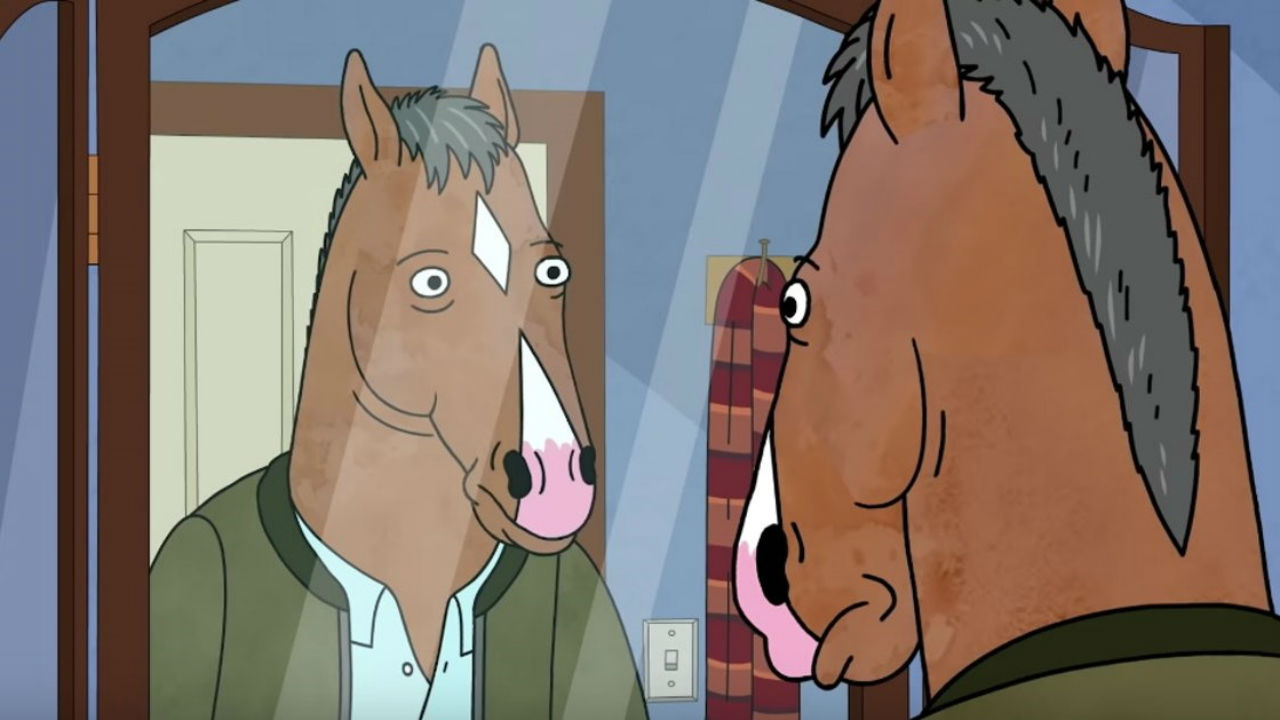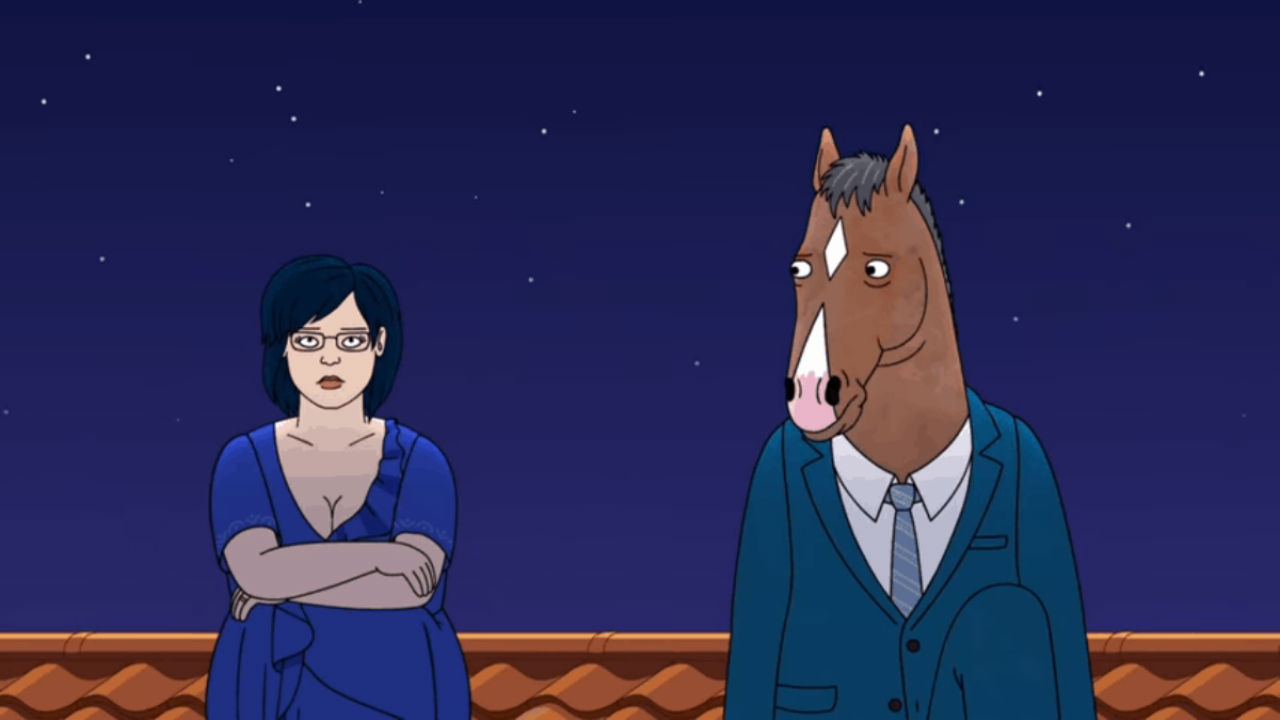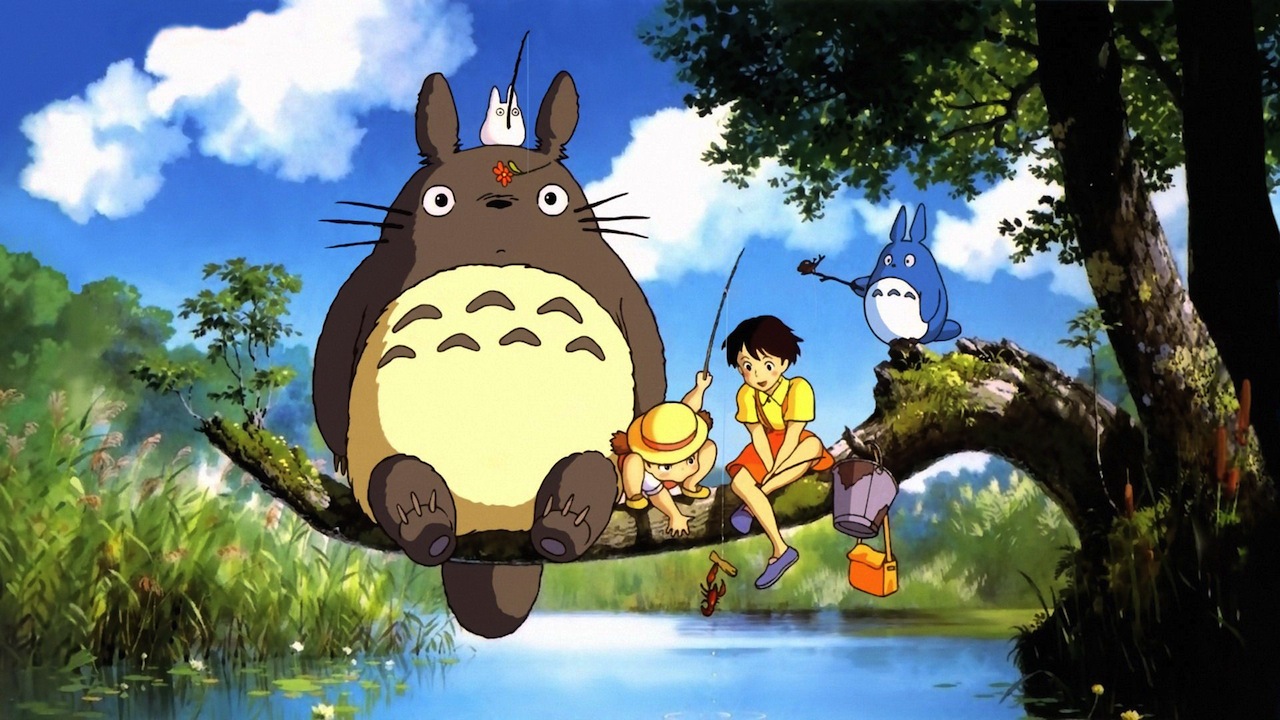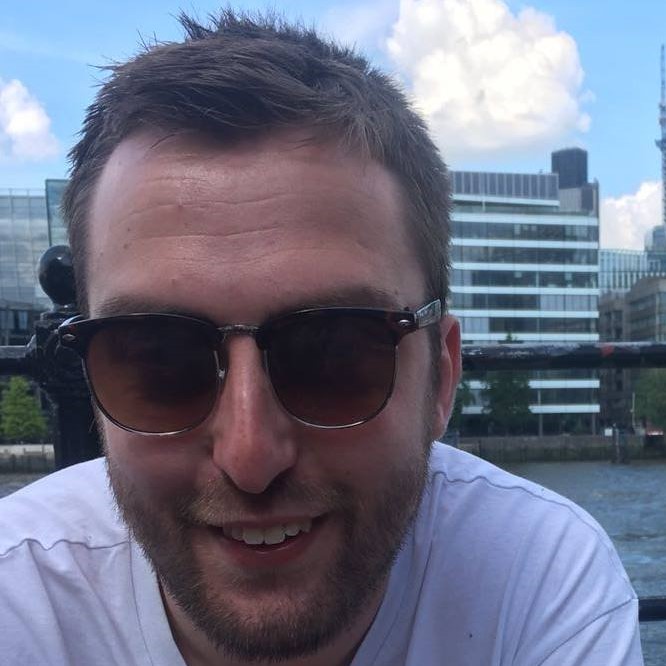How BoJack Horseman delivered one of the bravest TV finales ever
A view from halfway down

I hated the BoJack Horseman finale at first. Following Bojack’s supposed death in the gut-wrenching penultimate episode “The View From Halfway Down,” a final trip back to Hollywoo felt cheap and unearned. Worse still, I felt like BoJack’s death would have somehow redeemed the character. His sudden re-emergence in the finale took all that away. I stopped and asked myself, “Am I a 1994 Richard Linklater movie starring Matthew McConaughey? Because I am Dazed and Confused.” Slowly, I realised: that’s the point.
The strength of BoJack Horseman’s series-ender lies not in its finality, but in its decision to let BoJack survive while everyone around him thrives. As Diane succinctly puts it: “Sometimes life’s a bitch, and you keep on living.” It’s a difficult prospect to arrive at, both for BoJack and an audience who wants some form of ‘proper’ closure to Bojack’s story, but “Nice While it Lasted” is ultimately a brave, uplifting goodbye to a show that never did things the easy way.
Seeing BoJack get a millionth second chance may rankle with some. In the last season alone, the frustrating former star of Horsin’ Around went through rehab, did two warts-and-all interviews, and a stint in prison. His actions have had consequences – and yet, despite having help from friends, he has relapsed time and time again. Except in the finale. Why? Because, by the time the 77th episode rolls around, BoJack Horseman (the show) is no longer about BoJack Horseman (the animated alcoholic horse).
It’s a revelatory change to have a show almost abandon its key figure, but it’s a necessary step that gives BoJack room to heal. To riff off a line from Mad Men’s Roger Sterling, Bojack feels like a character in someone else’s novel. He wasn’t invited to Princess Carolyn’s real wedding; he wasn’t the focus of the big Hollywoob reveal; and the two big scenes he was given, heart-to-hearts with Todd and Diane, ended with a pearl of Todd wisdom and silence, respectively.

Bojack’s no longer the centre of attention, unlike in “The View From Halfway Down” where characters from throughout his life – all dead associates, friends or family – gather for a dinner party. The narcissistic sequence gives Bojack’s life closure as he partially comes to terms with those he has lost. Herb, Sarah-Lynn, his mother, and all the rest of the dearly departed are eventually compartmentalised. They dive into the endless black abyss, where Bojack can leave them. If you wanted a dark, cynical ending in the style of The Sopranos’ cut-to-black with no on-screen comeuppance for the leading man – that was it.
Yet, showrunner Raphael Bob-Waksberg doesn’t leave things there. Bojack does not die; he goes to prison. And, despite that, the epilogue is filled with hope – indicative of the creative team wanting to be less predictable. They even poke fun at an old sitcom finale trope: the big, white wedding. BoJack Horseman’s writers – never shy of aiming a well-placed jab at the medium of television – give us three: Princess Carolyn’s fake wedding, her real wedding, and Diane’s wedding. All three ceremonies take place off-screen, and instead we get one final dance between BoJack and Princess Carolyn at the evening reception for the fake wedding. The finale eschews both the dramatic (a drug-fuelled death) and the overly-saccharine (a wedding) for something in the middle: a truthful look at a life that’s been filled with trauma, depression, and dealing not knowing one’s self.
The show similarly forgoes an all-too happy ending earlier in the season with BoJack’s sister, Hollyhock. Her letter could have saved Bojack. The show could have ended with his death. Instead, we’ll never know exactly what she wrote – the way life does not always provide us with answers. We’ll never know what was written down, and that’s a hard, but necessary ture-to-life lesson. Similarly, Bojack doesn’t do a cross-state road trip to deliver a grandstand speech to his eight-dad sister. He’s finally changed. The old BoJack died in that swimming pool and the new one isn’t a suffocating, dominating presence.
Sign up for the Total Film Newsletter
Bringing all the latest movie news, features, and reviews to your inbox

But it can’t all be open-ended optimism. The credits have to roll some time, right? It all ends with a pair of scenes that encapsulate just how daring BoJack Horseman strived to be in its last chapter.
In the first, Todd tells his story to Bojack. It’s one of hope and details his slow reconnection with his previously-estranged mother. Sure, it’s told through the medium of the Hokey Pokey in deliciously Todd fashion, but it’s a moment that shows just how much Todd has changed without BoJack. No wacky schemes (that we know of): just two people improving – and turning themselves around.
It’s a mantra that BoJack takes into his final talk with Diane. It’s made abundantly clear that the two are unlikely to see each other again, as they realise they are poisonous influences on each others’ lives. How do they spend their final moments together? In silence.
The final scene, in basic terms, is two people looking up at the stars together, sharing a moment. No pithy putdown. No quip. Just a mirror to the season 1 premiere with Diane and BoJack on the rooftop. "All you are, are the things that you do," Diane said back then. BoJack only now finally understands that, and he has to change away from Diane, Todd, Princess Caroline, and – most importantly – away from us.
Think back to all the TV finales you’ve ever seen. The shock deaths. The last goodbyes. The plot twists. BoJack Horseman doesn’t dip into that well. It dares to be different. It offers continuation, not the deeply morbid catharsis I initially craved for the wildly complex, contrasting figure that is BoJack. Instead of giving us the happily-ever-after, Bob-Waksberg’s show gives us just the after – one where, yes, life’s a bitch, but you have to keep on living. It’s not going to be easy, but that’s ok.
I'm the Senior Entertainment Writer here at GamesRadar+, focusing on news, features, and interviews with some of the biggest names in film and TV. On-site, you'll find me marveling at Marvel and providing analysis and room temperature takes on the newest films, Star Wars and, of course, anime. Outside of GR, I love getting lost in a good 100-hour JRPG, Warzone, and kicking back on the (virtual) field with Football Manager. My work has also been featured in OPM, FourFourTwo, and Game Revolution.



